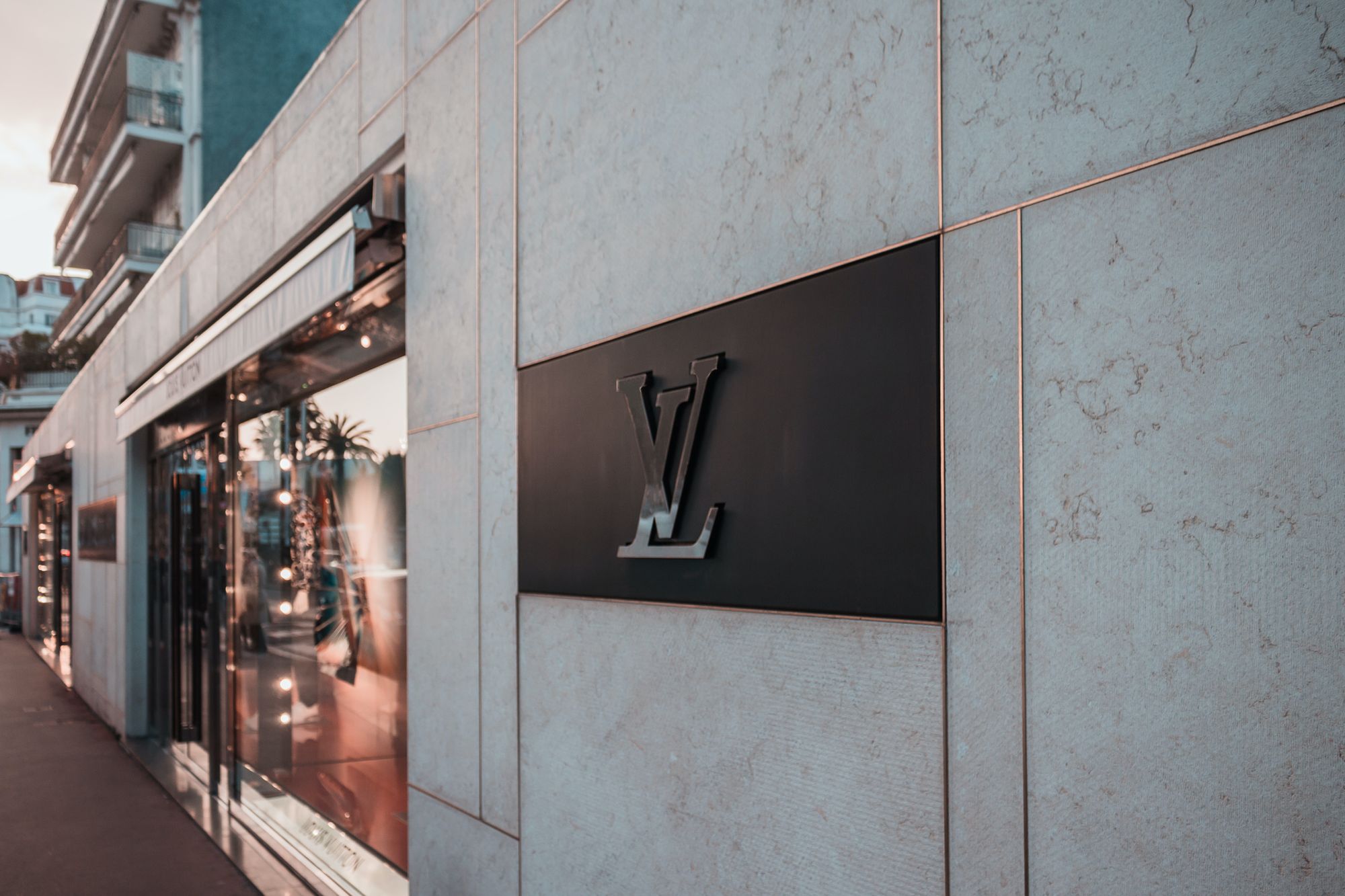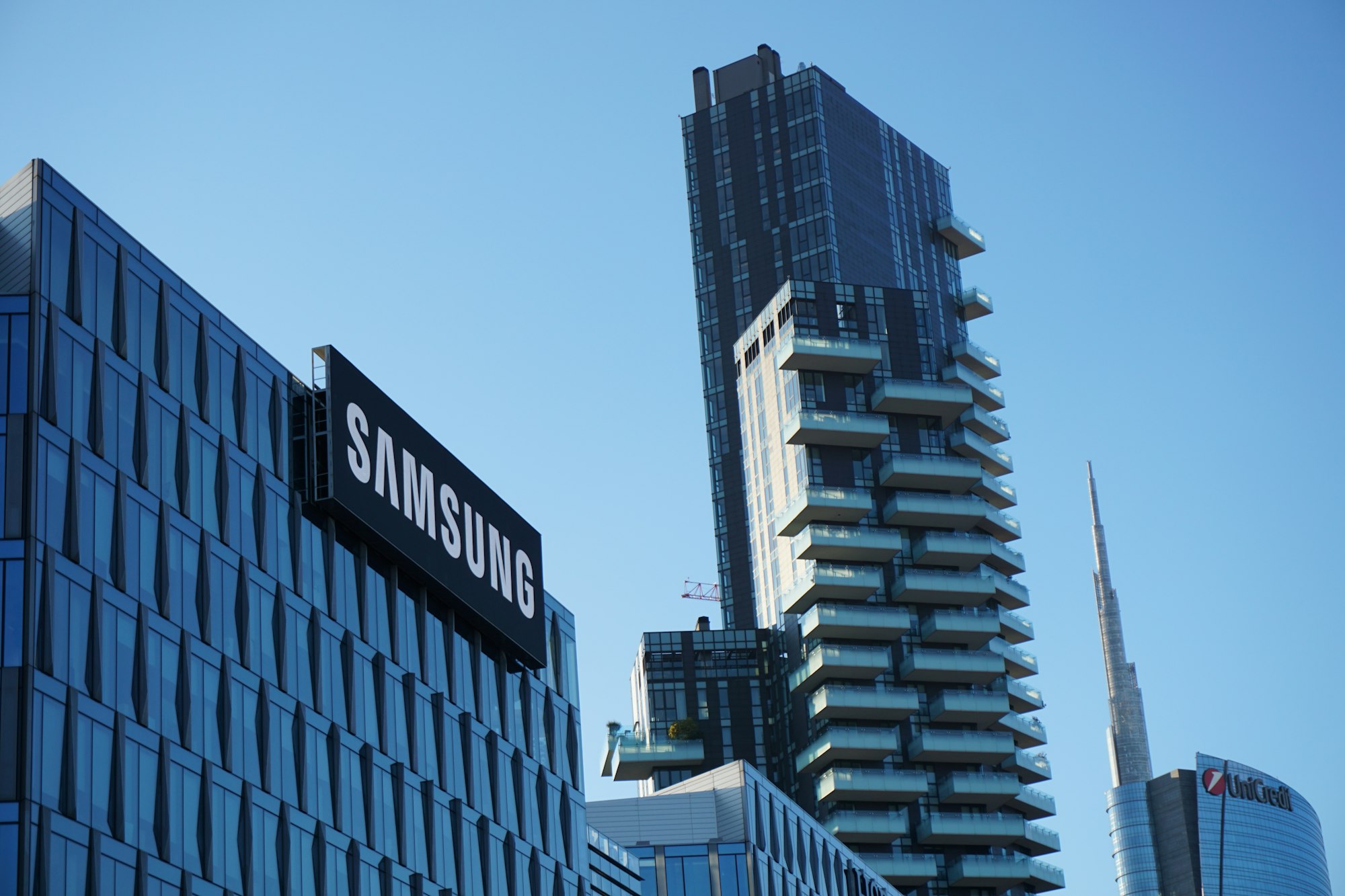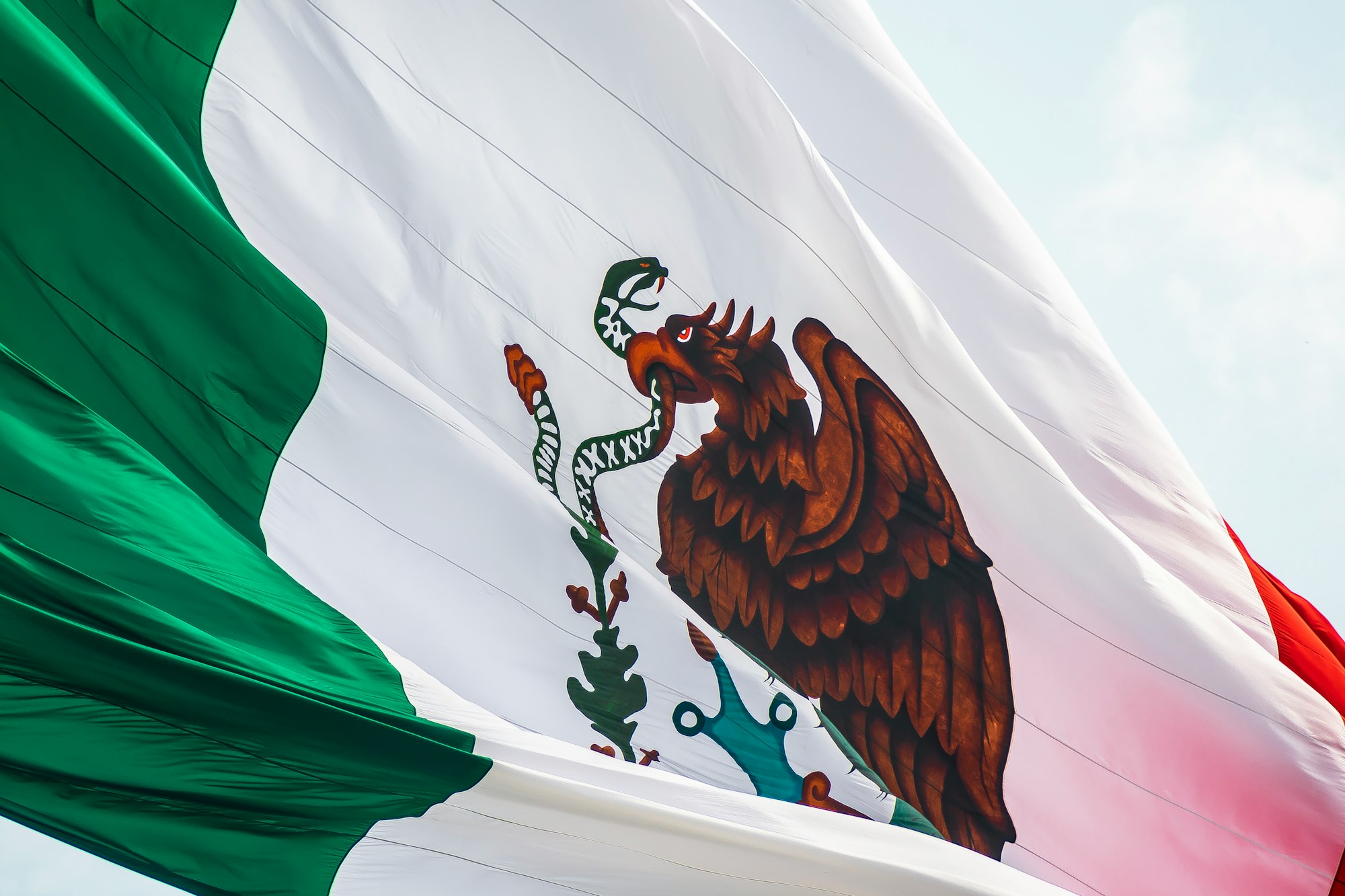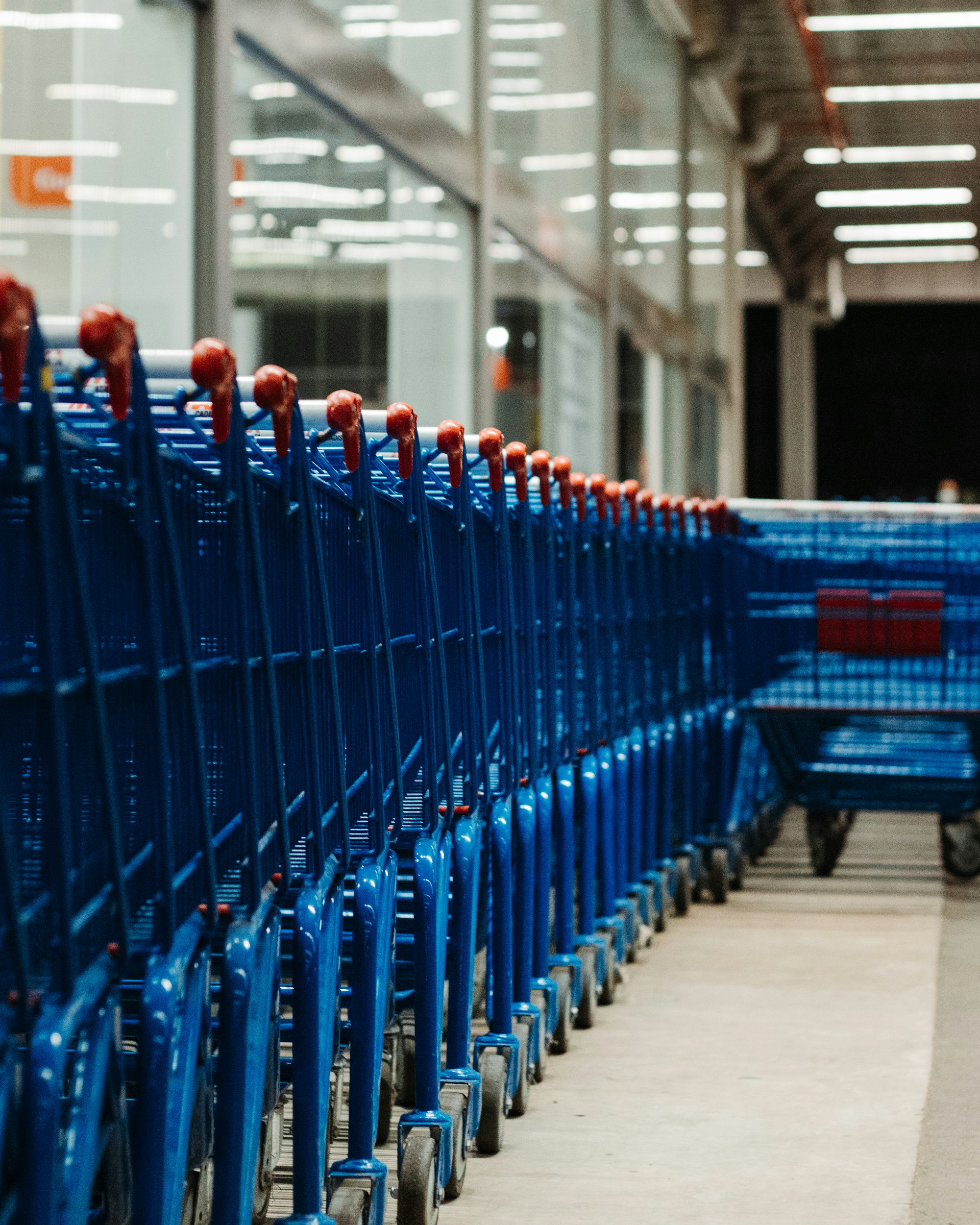LVMH is a French luxury conglomerate headquartered in Paris, France. The company was formed in 1987 after the merger of fashion house Louis Vuitton and Moet Hennessy (champagne and cognac producers).
- It now regroups 75 luxury houses and generated sales of € 44.7B in 2020
- It derives 24% of its sales from the United States, 24% from Europe and 34% from Asia

DIVERSIFIED LUXURY
Through an aggressive acquisition strategy, LVMH has transformed itself into the largest luxury group (in front of The Estee Lauder Companies, Kering, Richemont). Its activities are split into 5 business groups: wines and spirits, fashion and leather goods, perfumes and cosmetics, watches and jewellery and selective retailing.
- The group is now home to Ruinart, Dom Perignon, Veuve Clicquot, Loewe, Rimowa, Fendi, Acqua di Parma, Bulgari, Hublot, Le Bon Marche, Belmond, Cheval Blanc and Royal Van Lent Shipyard
- This diversified product line-up enabled it to mitigate some of the pandemic’s impact. Fashion and leather goods have been the most resilient throughout 2020, experiencing a 3% sales decline while watches and jewellery fell 23%
“Good resilience, notably from major brands, in an economic environment disrupted by the global health crisis”
“Impact of crisis on revenue worldwide; however, second half marked by a strong recovery in Asia, with double-digit growth, and significant improvement in trends in the US and Japan” LMVH 2020 Earnings Report
PANDEMIC IMPACT
The pandemic forced governments, central banks and institutions to unlock a series a support packages. These were aimed at supporting consumers, businesses and close the demand gap created by the pandemic. At the same time, technology stocks have seen their stock prices and valuations expand considerably.
- In the last weeks, most technology stocks have come under pressure as investors began to question valuations in the face of rising yields
“If rates were to take a sharp turn up, then we would see a valuation reset and our portfolios would be prime candidates for that valuation reset of course,” Cathie Wood (CEO ARK Invest) by David Randall and Lewis Krauskopf for Reuters - Another concern rattling technology stocks is the stickiness of the pandemic-induced digital transition as the world reopens and customers flock once again to shops, restaurants and offices
ABSORBING INFLATION
Today’s situation is characterized by rising yields, induced by rising inflation expectations and a gradual re-opening of conventional consumption streams.
- These factors could tempt investors to invest in travel, leisure and services companies. Yet questions remain on the viability of their business models in a post-pandemic world
- Cruise lines, restaurants and theatres might not be able to attract customers or to maximize occupancy rates as customers may avoid crowded travel destinations
“A few high-profile on-board outbreaks could depress demand for the entire industry for months, and every month matters at this point.” McKinsey and Skift Research analysis - Already high debt levels, combined with rising rates might put the industry at risk
- Investors might be tempted to take a hedge against inflation by investing in oil & gas companies as low levels of capital expenditure during the pandemic might orchestrate a supply cut and lead to higher prices
- Again, higher interest rates, increased ESG concerns and reluctance of banks to lend might pressure these companies going forward
“According to Fitch, about half the lending assets covered by 182 banks it surveyed in the third quarter was screened for ESG risks. ESG ratings impacts are rare, Fitch says, but some companies, particularly those affected by emissions regulations, may find it harder to get financing” Leslie P. Norton for Barron’s
So where can investors go in times of inflation?
REVENGE BUYING
LVMH’s sales were helped by a significant rebound in the Asian region during the second half of the year (13% year-on-year increase in Q3 2020 followed by a 21% year-on-year increase in Q4 2020) which ended the year on a limited decrease of 4%.
- Analyst have pointed to the “Revenge Buying” phenomenon that led consumers to flock to stores once lockdowns and restrictive measures were lifted
“The Hermes store in Guangzhou, for instance, hauled in $2.7 million in sales the day it reopened in April —believed to be a record for a boutique in China.” - The consulting firm Bain & Company believes this phenomenon will be directed at goods rather than experiences as wealthy consumers increase their spending on luxury goods while avoiding traveling, restaurants and resorts
“Yet the spending of the rich will shift dramatically in the next year or two, Bain said. Instead of splurging on experiences, which dominated luxury spending over the past decade and fueled much of its growth, the rich will focus their spending on physical products.” Robert Frank for CNBC
“Australia also offers hope. With the pandemic largely contained in that country, household spending fueled a faster-than-expected 3.3 percent growth rate in the third quarter of 2020, and spending on goods and services rose 7.9 percent” by Kevin Sneader and Shubham Singhal for McKinsey - Rising interest rates might have a limited impact on luxury spending. The high profitability of LVMH (and fellow luxury groups) also considerably limit the impact of rising rates on the group’s bottom line
THE MARKET
The global luxury goods market is set to reach $ 403B by 2027, up from $ 349B in 2020. The market is driven by growing appetite for luxury in China as sales of luxury goods in the country are set to reach $ 184B by 2025 and account for 40% of the total market.
1. According to Bain & Company, China is set to become the leading consumer of luxury goods by 2025
“We anticipate this year’s growth to continue, putting the country on track to claim the biggest share of the market by 2025.”
Helped by the pandemic, the Chinese luxury market grew by 48% in 2020
“Mainland China’s luxury goods market will likely achieve 48% growth in 2020, reaching nearly RMB 346 billion.”
“A decrease in global travel in the wake of the early Covid-19 lockdowns prompted Chinese consumers to turn to national sources for their luxury purchases, sending the domestic market climbing.”
2. According to McKinsey, Chinese spending on luxury goods will grow from $ 115B in 2018 (32% of total market) to $ 184B in 2025 (40% of total market)
- Driven by the relentless rise of streetwear as the respondents (located in Asia) of the Hypebeast and PwC 2019 Streetwear Impact Report reported spending five times more on streetwear per month than on non-streetwear
3. According to Research And Markets, the market for luxury goods is set to grow by a CAGR of 2.1% over the 2020 - 2027 period and reach $ 403B, up from $ 349B in 2020
- Driven by a surge in demand in China where the market is set to grow by 4% each year
FOUNDER-LED AND EXPERIENCED MANAGEMENT
Bernard Arnault is the chairman and CEO of LVMH Moet Hennessy. He became the majority shareholder of the group in 1989 and has built the group into the world’s leading luxury goods company.
- Bernard Arnault is Chairman and CEO of LVMH Moet Hennessy
- He began his professional career that year as an engineer with the Ferret-Savinel construction company and became Chairman in 1978. In 1984, he undertook the reorganization of the Financière Agache holding company and returned the group to profitability as he embarked upon a strategy of developing the world’s leading luxury products company. In the process, he reinvigorated Christian Dior as the cornerstone of the new organization
- Attended the Ecole Polytechnique
- Antonio Belloni is the Group Managing director of LVMH Moet Hennessy
- He joined Procter & Gamble in 1978. He held a series of positions of increasing responsibility in the United States, Greece, Belgium and Switzerland before being appointed President of Procter & Gamble Europe in 1999. He joined LVMH in 2001 as Group Managing Director, with responsibility for strategic and operational management of Group companies
- Earned a degree in economics from the University of Pavia (Italy)
- Jean Jacques Guiony is the Chief Financial Officer of LVMH Moet Hennessy
- Began his career in 1985 as a Research Analyst with Banque Nationale de Paris and then with Merrill Lynch in 1988 in London. In 1990, he joined the Mergers & Acquisitions department of Lazard Frères, becoming a Partner in 1997 and then Head of Mergers & Acquisitions in 2000. He joined LVMH in 2003 as Deputy Finance Director before becoming Chief Financial Officer in 2004. He is also Chairman and Chief Executive Officer of La Samaritaine since 2010
- Graduated from HEC business school in 1984
TAKE A BREATH
So… This is a lot of information. Let’s summarise:
- LVMH is a diversified and leading luxury conglomerate that derives the majority of its sales from Asia, the United States and Europe
- Rising yields could pressure the valuation of richly valued stocks and inflate the interest payments of heavily indebted companies
- Luxury consumption has been relatively resilient throughout the pandemic and might continue to be favoured through the so-called “revenge buying” phenomenon as lockdowns and restrictive measures fade
- With its high profitability ratios and sales growth (pre-pandemic), the company might be ideally placed in a rising yields and inflationary environment
FINANCIAL CHECK
- Revenue of € 44.7B in 2020, down 17%. Organic revenue declined 16% compared to 2019
- Fashion & Leather Goods in particular, enjoyed a remarkable performance, with double-digit growth in both the third (12%) and fourth (18%) quarters
- While Europe is still affected by the crisis (-28% in sales over the full year), the United States saw a stabilization in sales (-2% in sales in fourth quarter) and Asia grew strongly (21% growth in fourth quarter)
- Profit from recurring operations, which amounted to € 8.3B in 2020, declined 28% over the year due to a return to growth in the second half, which was up 7%
- Operating margin reached 18.6% in 2020
- Group share of net profit amounted to € 4.7B, down 34%
BENCHMARK'S TAKE
The Good
- LVMH is a diversified luxury conglomerate with a strong presence in Asia
- Its range of brands is ideally placed to benefit from the so-called “revenge buying” opportunity as restrictive measures fade
- The luxury market is set to boom in China as wealth is being built up and consumers favour spending on luxury goods
- LVMH, as a consumer goods company, might offer an attractive hedge against inflation without being pressured by higher interest rates
The Bad
- Anti-trust regulations might hamper LVMH’s growth possibilities in Europe
- Spending on luxury goods might be restricted or increasingly taxed by local governments
Disclaimer
Please note that this article does not constitute investment advice in any form. This article is not a research report and is not intended to serve as the basis for any investment decision. All investments involve risk and the past performance of a security or financial product does not guarantee future returns. Investors have to conduct their own research before conducting any transaction. There is always the risk of losing parts or all of your money when you invest in securities or other financial products.






